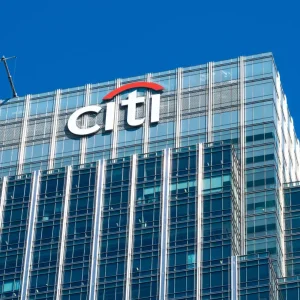The US watchdog accused the hedge fund manager that it purchased the lowest and riskiest tranches of a collateralized debt obligation (CDO) named Collybus.
Although, they were familiar with the facts that the RMBS market had declined sharply, they sold mortgage-backed securities into the CDO at prices they had obtained four months earlier.
Due to continuous poor performance of CDO, the fund manager ordered its firm to carry 150 deceptive cross-trades between the hedge funds they advised in order to hide a $32m loss suffered by one of the funds in its Collybus investment.
They presented bogus documents to justify and validate their false valuations about the amount and value of mortgage-backed assets held in the hedge funds.
SEC’s Division of Enforcement Director Robert Khuzami said, "Morales and Commonwealth Advisors concealed significant hedge fund losses from investors, including pension fund investors, instead of owning up to them and facing the consequences."
"Investors put their fundamental trust in the hands of their investment adviser, and they deserve better than being manipulated and lied to through deceptive trades and phony documents."
The apex market regulator has charged Morales and Commonwealth with breaching of Section 17(a) of the Securities Act of 1933, Section 10(b) of the Securities Exchange Act of 1934 and Rule 10b-5, among others.






